The GRU, Military Unit 44388, obtains and processes intelligence from multiple disciplines, including IMINT, SATINT and, of course OSINT, with information needs linked to the military, political, technological, economic and ecological/energy fields ([1]). It was already indicated in the article dedicated to the GRU, within the series on the Russian Cyberintelligence Community, that the Sixth Directorate of the GRU has historically had the SIGINT (COMINT and ELINT) attributions of the Service. An excellent description of these attributions can be found in [2]; in the image, the historical structure of the GRU:

The Sixth Directorate, which reports directly to the Service’s Deputy Director for Technical Affairs, was divided into four divisions [Read more…]

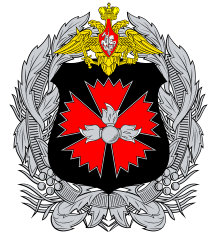 As we already mentioned in the
As we already mentioned in the  For a few months we have published a series of posts about Russian cyber intelligence in
For a few months we have published a series of posts about Russian cyber intelligence in 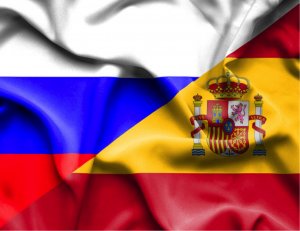 The First General Directorate of the KGB was responsible for all operations of the service outside the USSR; this Directorate included departments focused on different geographical areas of the world, which were the operational nucleus of the General Directorate and were responsible, among other things, for the duties of almost all KGB-linked companies operating outside Soviet territory. And within these geographical departments, the Fifth was concerned with France, Italy, the Netherlands, Ireland … and Spain. Certainly we did not reach the level of the United States and Canada (First Department, exclusively occupied by these two countries) but we were not very far, perhaps on a second level. For different reasons that have obviously changed over the years, since the Civil War until now Spain has been a historical objective (not the most important, but relevant) for Soviet intelligence and now it is still so for Russian intelligence: from the NKVD during its lifetime to the current services, obviously passing through the KGB from the middle to the end of the last century. Exactly the same as the USSR, or Russia today, it also is and has been an important objective for the West: for example, we have only to read something about the operation Mari, in the 60s ([2]).
The First General Directorate of the KGB was responsible for all operations of the service outside the USSR; this Directorate included departments focused on different geographical areas of the world, which were the operational nucleus of the General Directorate and were responsible, among other things, for the duties of almost all KGB-linked companies operating outside Soviet territory. And within these geographical departments, the Fifth was concerned with France, Italy, the Netherlands, Ireland … and Spain. Certainly we did not reach the level of the United States and Canada (First Department, exclusively occupied by these two countries) but we were not very far, perhaps on a second level. For different reasons that have obviously changed over the years, since the Civil War until now Spain has been a historical objective (not the most important, but relevant) for Soviet intelligence and now it is still so for Russian intelligence: from the NKVD during its lifetime to the current services, obviously passing through the KGB from the middle to the end of the last century. Exactly the same as the USSR, or Russia today, it also is and has been an important objective for the West: for example, we have only to read something about the operation Mari, in the 60s ([2]).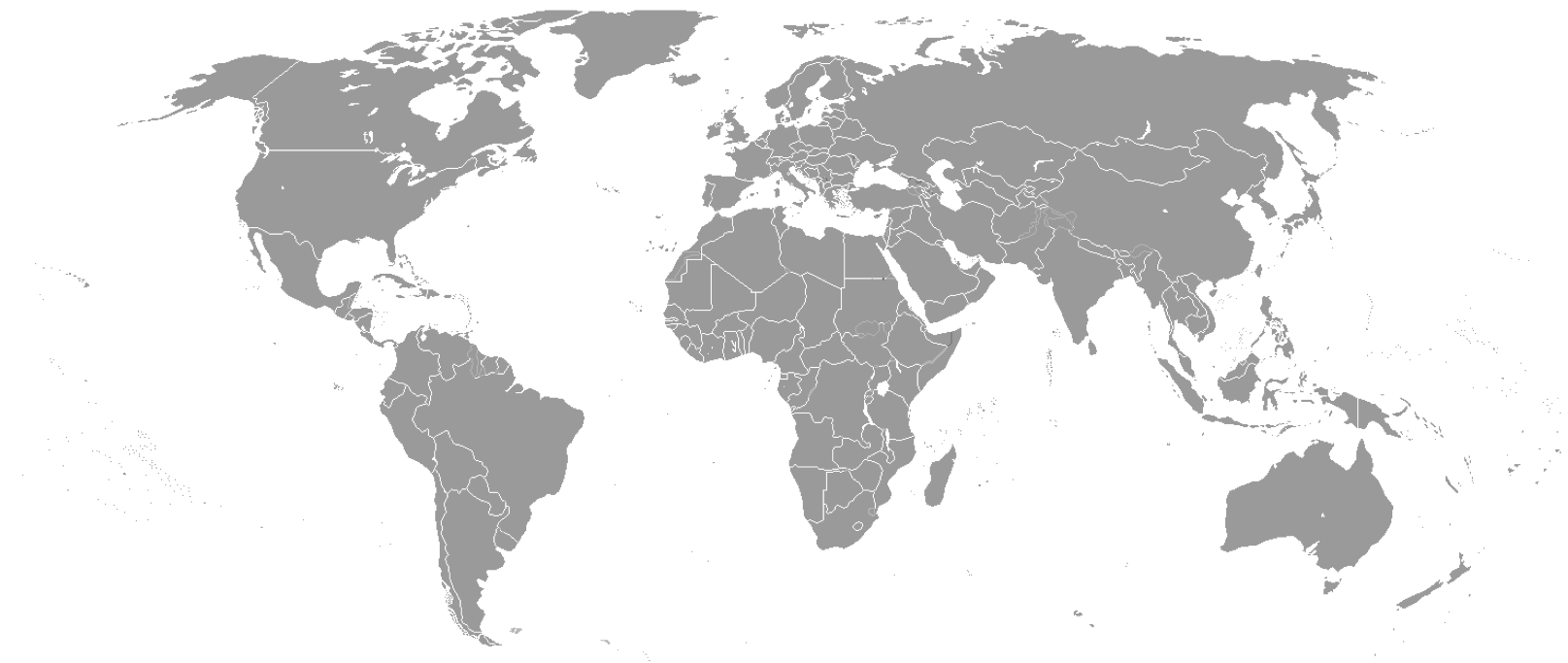
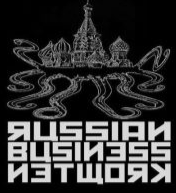 The relations of the Kremlin (by extension, of its intelligence services) with “classic” organized crime, with Russian mafias, is a fact more or less proven. Without going any further, in documents leaked by WikiLeaks the Spanish prosecutor Jose Grinda directly links the Russian mafia with the intelligence services of the country.
The relations of the Kremlin (by extension, of its intelligence services) with “classic” organized crime, with Russian mafias, is a fact more or less proven. Without going any further, in documents leaked by WikiLeaks the Spanish prosecutor Jose Grinda directly links the Russian mafia with the intelligence services of the country.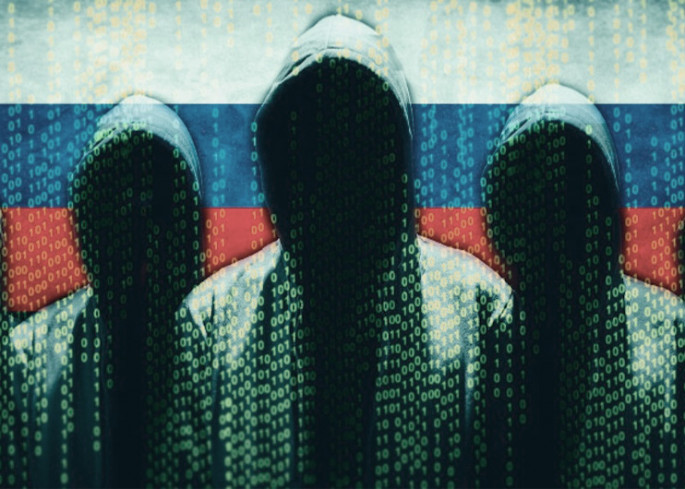 The concept of patriotic hacker can be understood as the attacker, in the cyber field, whose activities support in one way or another his country in a real conflict, directed against the enemy of the state ([1]). Along with China, Russia has been perhaps one of the countries that has most empowered these groups, active for years in conflicts such as Kosovo (1999), Estonia (2007) or Georgia (2008). In Spain, if there has ever been something similar and in any case not state sponsored, it could be linked to small actions in the network against the environment of ETA after the murder of Miguel Angel Blanco (1997), perhaps at odds between hacktivism and patriotic hackers (this would give for an interesting debate), but in any case very far from the activities of patriotic groups in other conflicts or countries.
The concept of patriotic hacker can be understood as the attacker, in the cyber field, whose activities support in one way or another his country in a real conflict, directed against the enemy of the state ([1]). Along with China, Russia has been perhaps one of the countries that has most empowered these groups, active for years in conflicts such as Kosovo (1999), Estonia (2007) or Georgia (2008). In Spain, if there has ever been something similar and in any case not state sponsored, it could be linked to small actions in the network against the environment of ETA after the murder of Miguel Angel Blanco (1997), perhaps at odds between hacktivism and patriotic hackers (this would give for an interesting debate), but in any case very far from the activities of patriotic groups in other conflicts or countries.